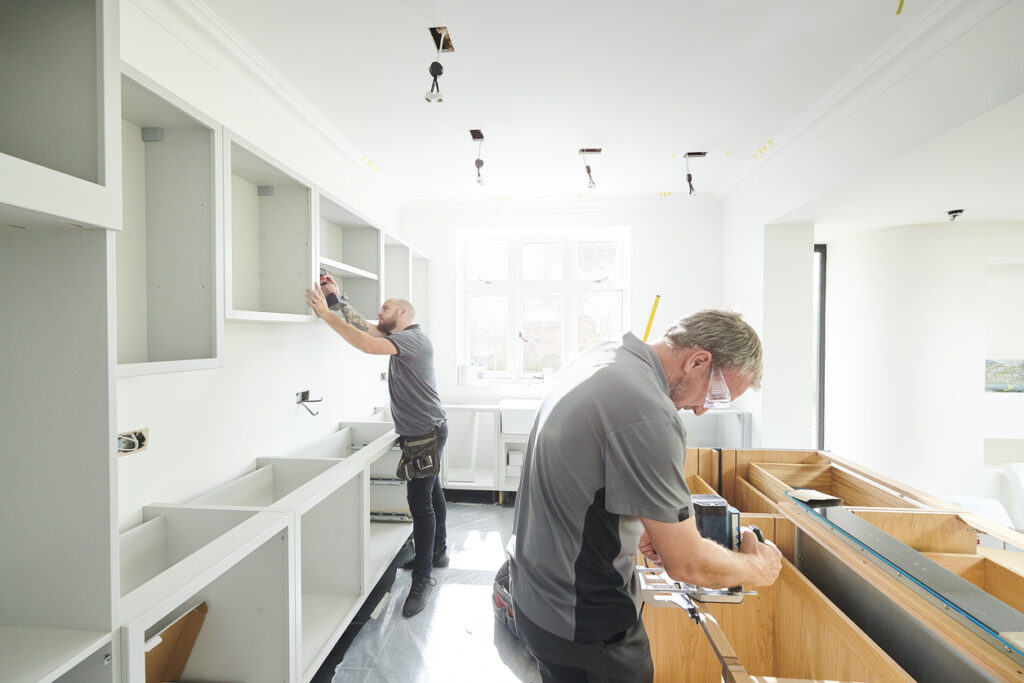Finding the right workers for your crew is a big task in itself. But, keep these tips in mind when building and managing your crews for your next project.
Takeaways
- How to manage your crew’s daily tasks
- Managing projects to create urgency and ownership
- Setting expectations and incentives
Track hours and daily tasks for each worker
The quickest way to lose hours of productivity on the job is by letting your crew guess what they have to do next. The most productive companies use their schedules to create daily task sheets for each crew member. Every day, each crew member should know what they need to do before the day is done. Doing this manually might take too much time as your crews grow. There is software you can use to automate these lists. Track how long it takes your crew to complete certain tasks. That way, you’ll have a good idea of what it takes to get a project done.
Delegation
As a business owner, you more than likely do too much already. Delegating keeping your crews on task and running smoothly can save you headaches and keep you focused on the big picture. Especially as your crews grow, you’ll have less time to manage the personalities on your team.

Set strong deadlines
Effective project and people management relies on the setting and communication of deadlines. If you’ve created a detailed plan for your project, you have a clear picture of what you should expect when it comes to progress. Let your crew know what dates and benchmarks are important to get the job done on time and on budget.
Hiring the appropriate amount of people
Use your understanding of your upcoming project to build your team using planning and scheduling tools. You don’t want to hire too many people for your job because you might run into lots of down time between tasks. You also don’t want to overburden your workers with less support, which can lead to lower quality work and burnout. Striking a balance is important for your project’s success.
Bonuses
Incentivizing work is a great way to get the most out of your crews. Giving them productivity bonuses from projects finished early or at a higher quality that pleases the customers can give your crews the added motivation to finish the job sooner and at a high level.
Setting behavior and job expectations
Often time wasting and on-the-job disputes can be prevented by setting clear safety and behavioral expectations for your crews. Set the tone that all disagreements will be resolved quickly and with respect. Make sure that you communicate that you encourage communication with your crew for any issues that may arise. Let them know that safety is also a top priority. The best way to protect your crew and your company is by asking them to sign a code of conduct that outlines your expectations and the consequences of not meeting those expectations.
Time off
Make sure you’re not overworking your crews. Burnout and lack of off time can lead to performance issues and lower productivity. You want your crew working at peak performance. Time off lets them recharge their batteries and take care of their needs. Often, your crew spends hours commuting to the site away from their families and the things that make them happy. Time off is a great way to say great job and keep your crew happy.
* * *
Crews can be unreliable and a headache, but when you’ve got a great employee, it can make the difference for your company. Making sure you’re communicating with them and rewarding good work is going to make your life a lot easier. Keep your employees engaged and happy with their work.

